Cellphones At Gettysburg
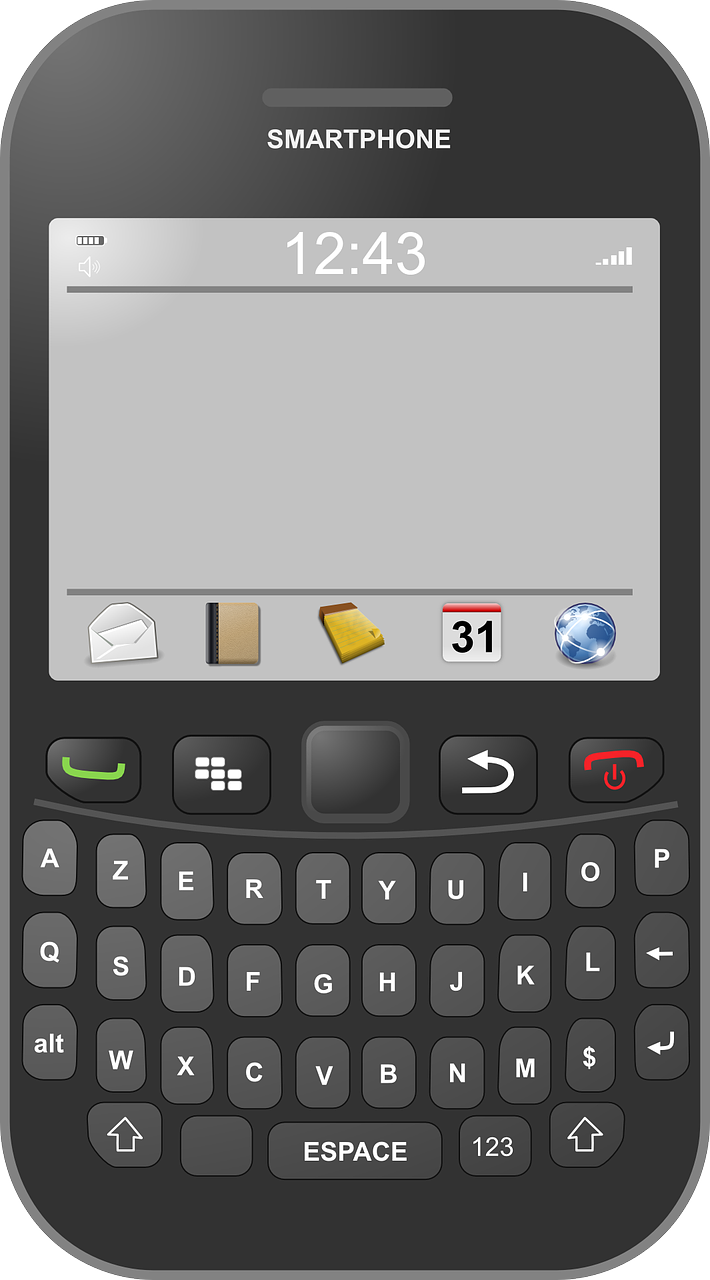 Researcher S.K.B. recently discovered an account from the Gettysburg campaign. It’s suspected that this document had been hidden to preserve the dignity of certain commanders and disguise the real reason the Confederates lost the Battle of Gettysburg.
Researcher S.K.B. recently discovered an account from the Gettysburg campaign. It’s suspected that this document had been hidden to preserve the dignity of certain commanders and disguise the real reason the Confederates lost the Battle of Gettysburg.
Reproduced for the first time in its entirety, Emerging Civil War shares: Cellphones At Gettysburg by an anonymous eyewitness.
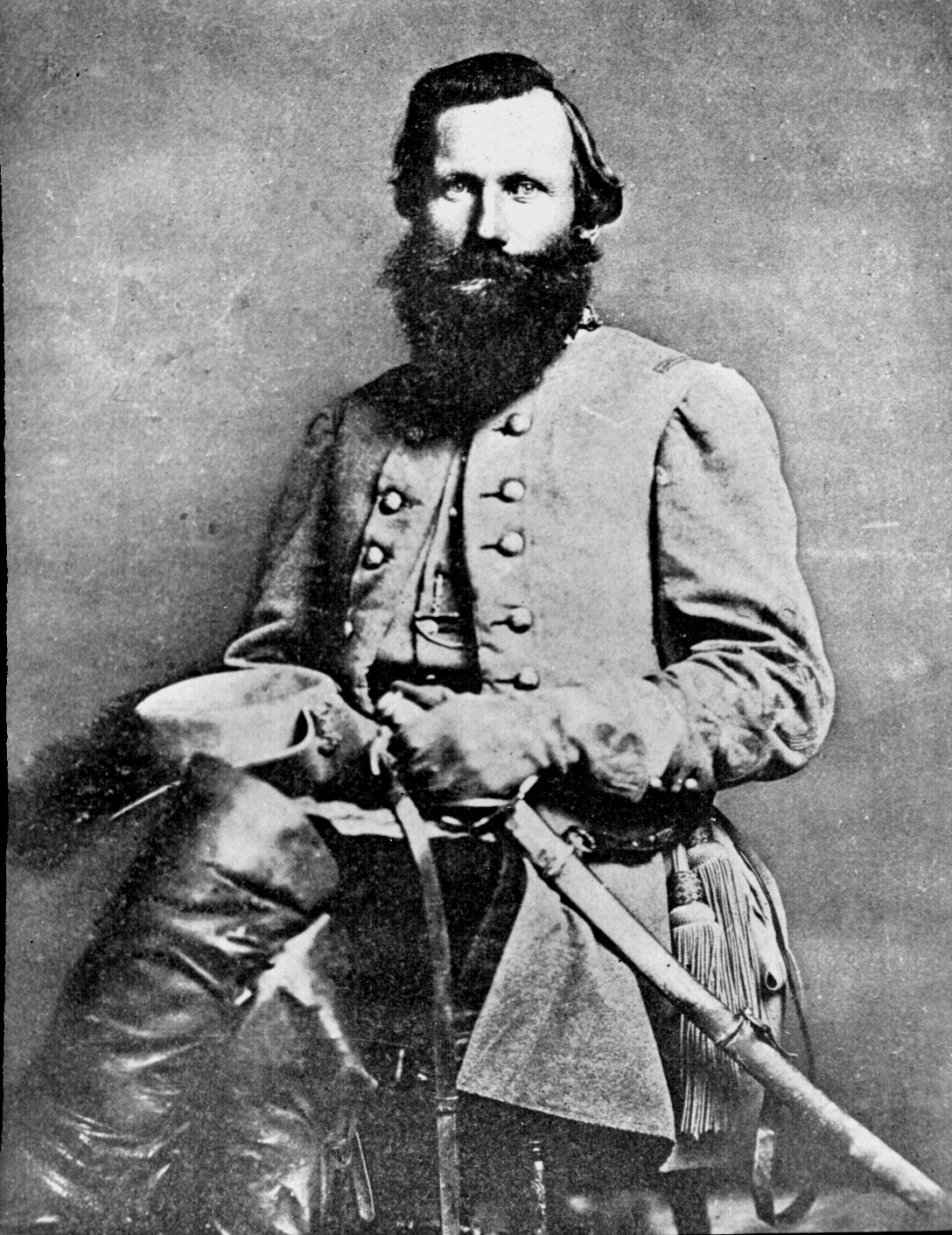
June 2, 1863
At a final meeting for Army of Northern Virginia corps commanders prior to the 1863 march north, General Lee had just concluded outlining his orders for the campaign when General J.E.B. Stuart entered. He arrived late, but made excuse, saying, “I brought presents! It seems only right to start an exciting campaign with a helpful gift to everyone. Here,” and he opened a large canvas bag and handed small boxes to all the generals. “These are cell phones. They will make communication much easier since we will be able to talk directly to each other and they will reduce the amount of paper waste since we can text each other the official orders. We can use QuestMaps to get accurate directions to our battlefield locations, and this app designed and updated by our spy Rose Greenhow allows us to monitor where the Union armies are. A bonus feature to these phones is that you can update your social status anytime, anywhere. See, I just added a photo of my favorite hat.”
General Longstreet practically protested that nobody had time to learn how to use such devices while General Pickett enthusiastically tore open the packaging of his gift and made plans to buy seven different cases for this new phone.
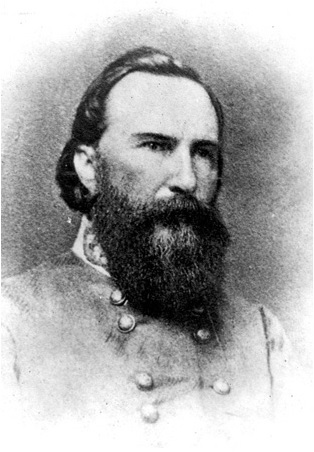
June 30, 1863
General Longstreet sat with his head in his hands. He was ready to toss this silly cell phone into the fire. For the past month, he had faithfully studied the manual every morning while drinking his coffee. First, he read the 150 page English section. Then he went back and tried to figure out how to apply what he had read. He discovered out how to turn it on, but he left it off most of the time because when the phone rang it played a very obnoxious version of Bonnie Blue Flag. (He could not remember how to change the ring tone.) He had tried and tried to get the useful military apps to work, but it frustrated him. Learning how to use this phone took time and, unfortunately, time was not something that Longstreet had in an excess amount during this campaign. Whenever he sat down to work on the phone, someone had to talk to him right away, there was an order to sign, his opinion must be asked, dinner was ready, a spy had just come in, or it was midnight and time to sleep.
General Lee want to to throw his cell phone into the next stream he crossed. Every day, at all hours, that ridiculous thing kept buzzing, clicking, wailing, singing. There was no peace. Assistant Adjutant-General Taylor usually took care of the calls and texts and reported them to Lee, but Taylor could not always be at headquarters. Taylor had patiently showed Lee about ten times how to text replies, return calls, and answer the phone, but Lee could not adjust to talking to someone whose voice he could hear but who he could not see.
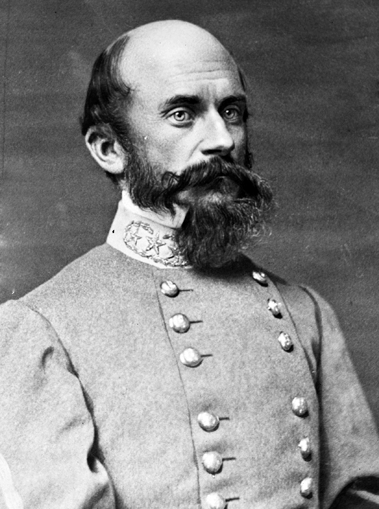
That cellphone irritated General Ewell. He had learned to answer it and read text messages. However, every third call he got was an advertisement call, usually about new wooden legs or some new tonic to help hair grow back, and Ewell was very offended! He was ready to smash that phone to pieces if he got one more call asking if he needed a new custom made wooden leg.
General Pickett loved his fancy phone. Two hours after he received it, he had mastered the new device. (Of course, in those two hours, he should’ve been writing marching orders). During the campaign, Pickett kept his eyes glued to his phone screen where he Skyped with Sally and all his friends in Richmond. He galloped his horse up and down the line of march, reporting to his friends about his safe “horse driving” skills.
General Stuart had accidentally dropped his phone just as he was getting ready to call General Lee on June 12, and, for the last few weeks, he was a complete loss of what to do or where to go.

July 1863
The real disaster struck when the Confederate army arrived near Gettysburg, a location infamous for bad cellphone service and limited WiFi that year. General Ewell managed to download the message from from General Lee (of course, Taylor had written it). Take C. Hill, if possible…
As he thought about the texted order, the phone rang. “Good evening,” he answered politely, expecting to hear Taylor or Lee with additional suggestions.
“Good day,” said a recorded voice, “if you’re in need of a new wooden leg, press 1, hair growth tonic, press 2….” Ewell didn’t hear anymore. He hurled the phone against a large boulder nearby, ending innovative communication for the Second Corps.
The following day General Lee shouted to Assistant Adjutant Taylor who was half-way up a tree and leaning precariously off the branch. “I’m sorry, General,” the aide replied. “I know this is not proper or dignified, but it’s the only way to get reception for your phone.”
“Alright,” Lee huffed. “Text Longstreet and tell him to start moving to the attack on the Union’s left flank.”
A half-hour later… “Lieutenant, have you heard back from General Longstreet?”
“No, sir, and I’ve texted him twice. Maybe his phone is off.”
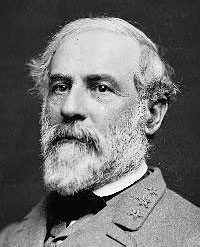
“Come down and write out the orders, get on a horse, and take them to him. I should never have accepted this gift from General Stuart, who doesn’t even respond on his phone when I try to reach him.”
When General Stuart finally arrived, General Lee called him into headquarters. “Well, General Stuart, you have returned at last,” General Lee said grimly.
“I’m sorry, General, but I dropped my phone a few weeks ago and was really not sure what to do.”
“Not sure what to do?” Lee looked confused.
“No, my communications with you had been cut.”
“And you could not send a messenger?”
“Well…my orders were on my phone…”
General Lee stared at his cavalry commander for a long minute. “From now on General Stuart, you will kindly refrain from giving gifts before a campaign. These phones have caused nothing but trouble and mostly because either we do not know how to use them, or we do not use them properly.” [Transcriber’s note: The account ends suddenly.]
After careful analysis, the researchers believer that cellphones disappeared from the Confederacy shortly thereafter and remain an experimental, short-lived technological advancement during the conflict. They agree that all Confederate generals at Gettysburg decided to never mention their cellphone fiasco (which is why it doesn’t appear in memoirs).
In the end, it was easier to blame General Longstreet for losing the fight than explain a cellphone and how it impacted the Battle of Gettysburg.
You have wwwaaaaayyyyy too much time on your hands young lady. Next you will also be telling us about the M-16 rifles that could have come into play on that field, if used properly. Cheers, and happy April 1st. National Park Day bye the bye. Get out there and help out on a battlefield.
LOL
Ok, you guys and gals got me…it was like a train wreck I kept thinking “why did they publish this crap, especially from one of my favorite authors yet I COULDN’T stop reading it” lmao
Its documented that Lee had a cellphone!
http://stargazermercantile.com/wp-content/uploads/Blog3-300×280.png
A fine April’s fool gift. Thank you!
Love it. We need as much humor as we can get in the serious endeavor of exploring Civil War history. I’m looking forward to the next April Fool’s day to see if General Heth’s orders not to bring on a general engagement was not followed due to his inability to use his cell phone..
Love it, but wouldn’t the last straw for Ewell be reading too many text messages clearly meant for Jackson?
The historical joke became a hysterical joke! Thanks! Enjoyed it!
A few years ago, Civil War Talk user Shadow9216 offered up some of the long-long text messages from Gburg. They’re a hoot:
There’s lots, lots more:
https://civilwartalk.com/threads/gburg-txt-msg.86108/
That’s REALLY funny!
april fool